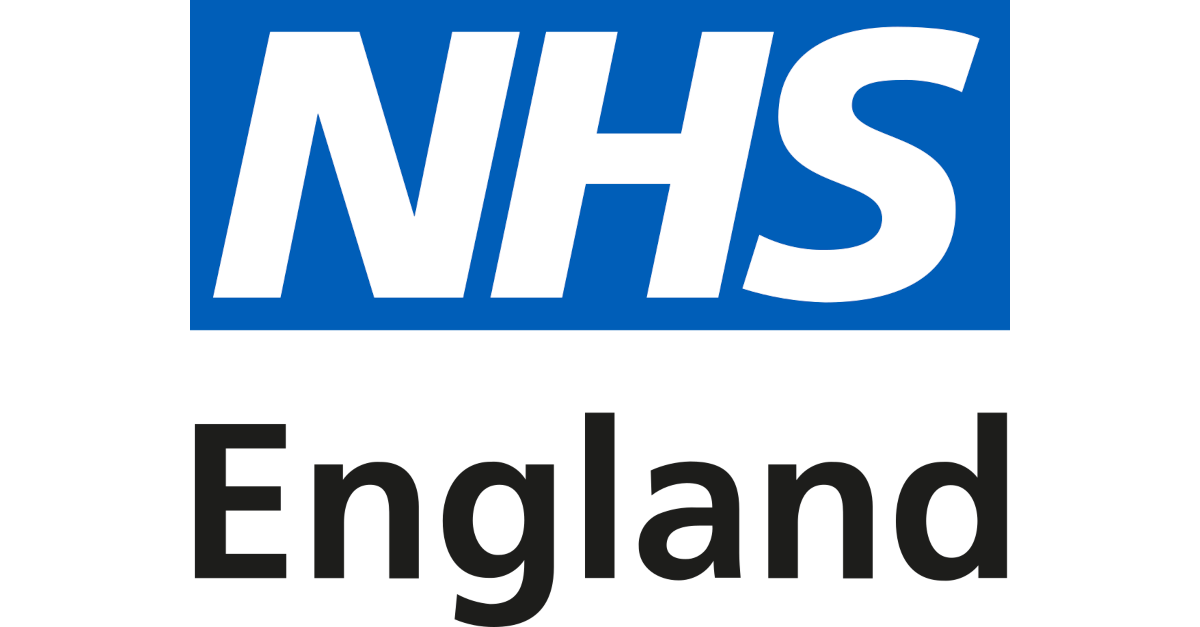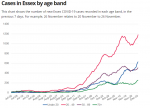Thank you, this is the trouble that the data is either hard to compare of it's not being shared at all.
No one seems to be having the discussion on whether things are way worse than the usual Autumn/Winter influx of hospitialisations because everything is just Covid, Covid.
Until this clear transparent reporting and dicussion happens then people will just question the accuracy of data being reported selectively or claim the reason it isn't shown is because it's not there.
Covid is clearly having a big impact but is it alongside other long standing issues or in addition.
I also hate the way anyone who wants to discuss the bigger picture and have a sensible debate about it is labelled a Covidiot or some such nonsense.
The world is close to imploding on itself
I imagine that customised reports are being made and used at senior level but there's a number of things that are unprecedented that makes the data difficult:
- the traditional dashboards of NHS capacity/occupancy don't tend to split admissions by their type. So you don't get a clear understanding about the impact of flu or cancer or whatever is causing the NHS/intensive care to be busy. We know that capacity and occupancy are affected by seasonality (the flu season and cold weather means there are more hospitalizations during the winter). The NHS plans for this and makes provisions to ensure they have ICU beds availability as much as possible. So there hasn't been a reason to really break apart occupancy by reason of admission. All of the data is retrospective as well, so we don't get detailed realtime data, it takes a few weeks to trickle through and be processed and understood.
- data processing/analysis has only become interesting in the last 9 months. There are lots of reports and dashboards that are generated because the NHS is large and complex, but the NHS budget has been cut in real terms for several years and 'information analysts' and other 'admin/managerial' roles are the first to be slashed. People go on about bureaucracy in the NHS, but it's not doctors and nurses who process all this data and generate reports, and they are important for planning.
- I do think the government have been reasonably open with their sharing of data. However, we've had a lot of 'twitter experts' deciding to interrogate graphs and put their own biases on things. And it's the media as well, last week Robert Peston was asking moronic questions about vaccines on Twitter to his 1m followers that add fuel for vaccine-hesitancy. He should know better and actually speak to experts, rather than just sounding off and causing even more issues.
- When COVID hit, a number of things were done to the NHS which was dramatic, and perhaps with the benefit of hindsight overly cautious. Wards were cleared, non-urgent operations were cancelled, screening and treatments were paused. These actions will have caused harm to those who needed the NHS but it wasn't then available to them. Answering the question of "was it worth it" is important, but we didn't have the information 9 months ago that we had now. We didn't know the main ways in which the virus spread - remember people were really concerned about fomite/surface transmission, and not about airborne particles, but in fact, we got that complete the wrong way around. People were concerned about general mixing and the R-number being something applicable to everyone, but in fact, it seems that the virus is spread through 'super spreaders' and there is plenty of evidence that people can share a bed for weeks and not infect a partner, which means that testing was much more important and we gave up on track and trace very quickly. The bottom line is that we didn't have time to wait and we had to make decisions based on the information available at the time. I'm not an apologist for the decisions that were made by any means, but we do know that 10,000s have died due to COVID, many could have been saved if we moved more quickly, which would have enabled us to get back to normal in terms of the NHS more quickly. If we'd have done nothing then the death toll would have been many times higher. Remember Boris bragging about going into hospitals and shaking hands with people, 1 month later he was in intensive care. This is why people are angry with the response, because if we'd have got a grip on COVID more quickly, then it would have had a positive impact on wider health, the economy, jobs etc. Instead, we've been stuck in a limbo for months. Even now, we're seeing rising cases a couple of weeks after the government suggested relaxing things for Christmas. London should be in tier 3 with mass testing, but it's in tier 2 currently with talk of mass testing, but greater manchester has been in tier 3 for months without any mass testing and cases/admissions lower than much of the south.
I agree with your point that the impact of COVID is in addition with so much else that's happening. Widening inequality, increasing physical and mental health issues, poor education standards etc. All the talk at the moment is of the K-recovery, where inequality will widen even further due to COVID. I think COVID has accelerated many things that were brewing in this country and globally. It's clear that many jobs that have been lost won't come back.

















